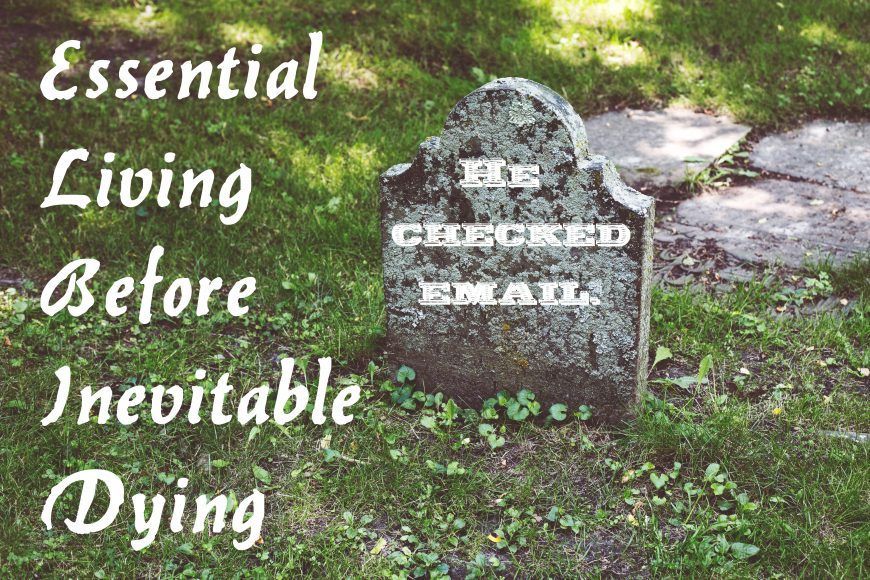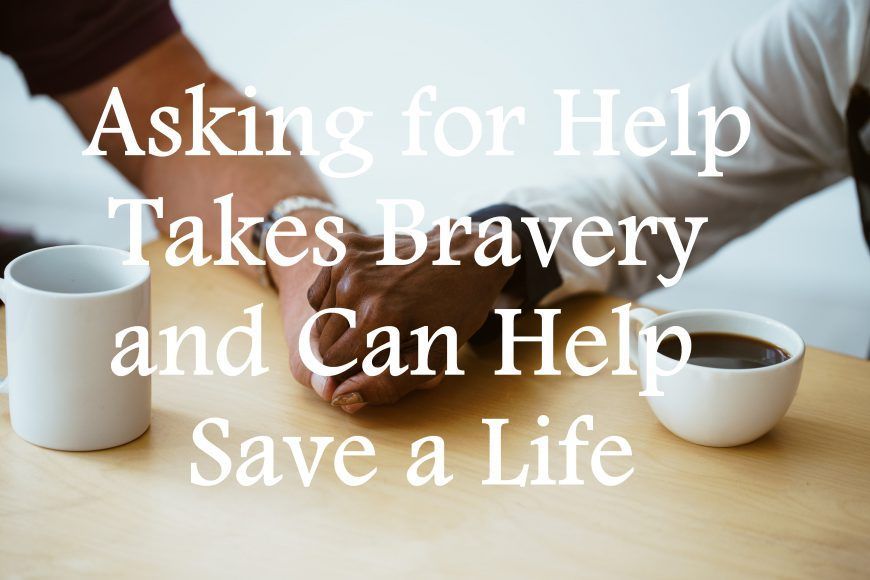Finding the Right Words to Express Sympathy
The loss of a loved one is an extremely difficult reality we must all face at one point in our lives. In those moments, there are very few things that could ease the pain. However, the right words, sent to people who are grieving, can be a great way to let them know you are there. People experience their grief, pain and loss in their own specific way. But communication with those around them can be crucial to overcome or ease the pain.
You should express your condolences by providing compassion, comfort, encouragement, help, and warmth. The way you do this is up to you and what you feel most comfortable with. You can opt for personal contact with those mourning by visiting their home, you can make a phone call, you can send a letter, appropriate gift or flowers, or you can write a sympathy card.
Finding the Right Words to Express Sympathy:
It often happens that grieving families or persons get a lot of sympathy cards with the same repetitive lines and sayings. Therefore your expressions of condolence need to be more honest, more personal and more original. Expressions of condolence and sympathy should be very intimate, and must follow the basic rule: say how you really feel.
It is best to express your compassion in form of written or printed sympathy card. Try not to send condolences in email or text messages, because to some it may lack the intimacy and personality will be felt. While writing, you should be focused on the people to whom you are writing to and the loss of their loved one. Be honest above all, remember the life that was lost and the achievements that have been left behind. Offer your help in a friendly or material form, give real comfort at least in words. But do not patronize, create additional depression and offer what you do not intend to carry out. The moment is too serious for easily pronounced phrases. Keep in mind that visiting someone’s home in such a delicate situation is not appropriate, unless you are really close to the mourners or tradition demands that.
Some Useful Ideas about the Content of Sympathy Card:
Here are some suggestions for things you may include in your sympathy note for the mourners:
– That you are praying for the deceased, together with their family.
– That you love and care about them.
– That you offer any kind of help and support, physical or emotional.
– That they can rely on you.
– If you personally knew the deceased, share nice memories about him or her.
– Point out that you will all miss the deceased.
– Point out that you are deeply and sincerely sorry about their loss.
Sympathy Cards:
Here is an example of the sympathy card that can help you find the right words when writing your own condolence note:
Dear (his/her name),
I am so sorry to hear about your loss. I know how much you loved (name off deceased). I’ll never forget her/his warm smile and beautiful soul. I know that nothing I can say will take away your pain, but please know that I am praying for you and your family. If there is anything I can do, please give me a call.
Love and sympathy,
(Your name)
Give support and compassion to those who are grieving at a time when they need it most. Your compassion will ease the tremendous pain of losing someone you love. Be sure that your words of comfort in their moment of sorrow have immeasurable personal value.
For more resources, interesting facts and information, visit The Qeepr Community












